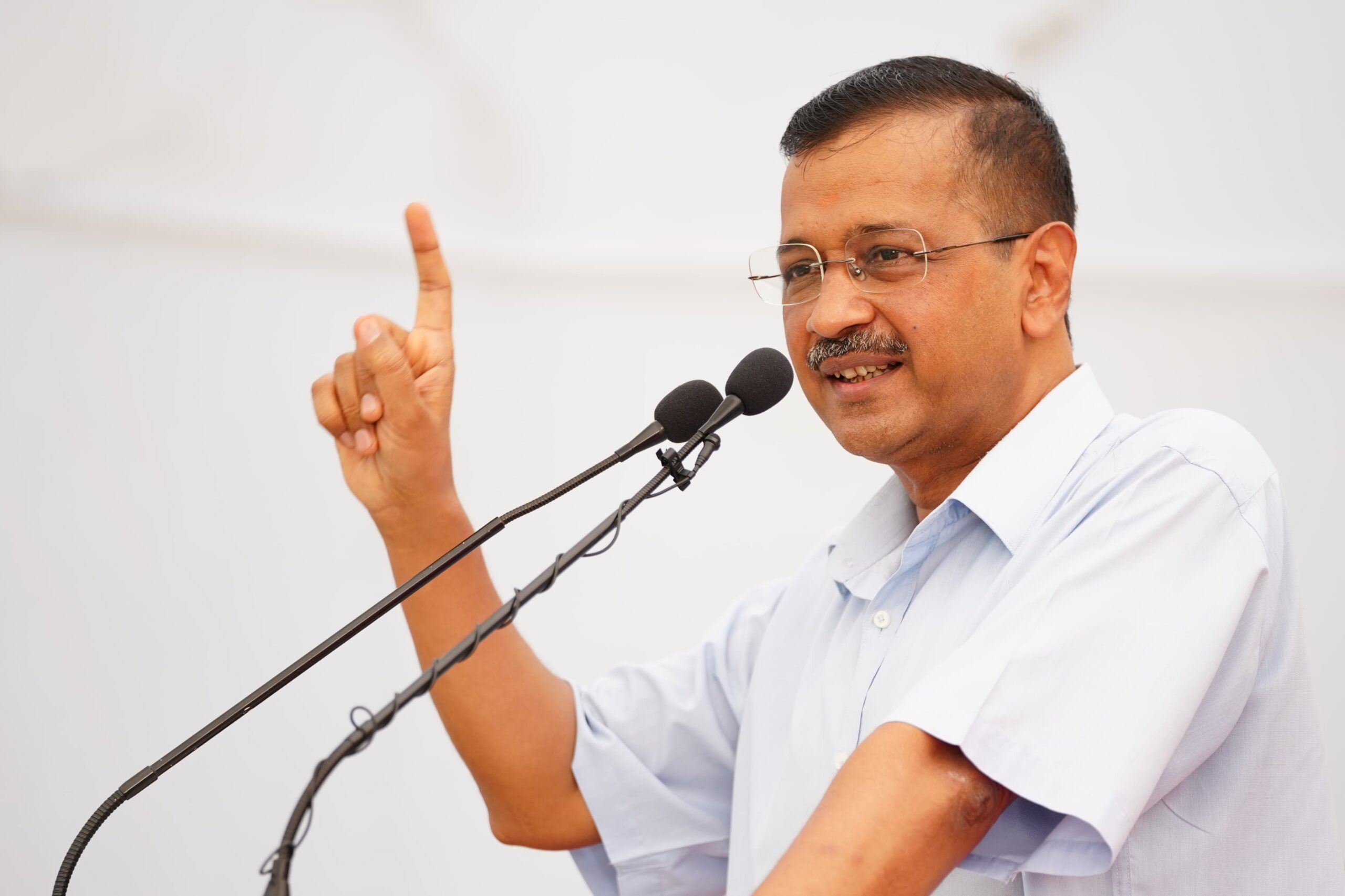Around 150 lawyers from Delhi have jointly written to Chief Justice DY Chandrachud, expressing their apprehensions regarding the recent ban on regular bail for Delhi Chief Minister Arvind Kejriwal in the excise policy case. The lawyers cited a potential “conflict of interest” in the passage of the order by the Delhi High Court on July 4, Thursday.
In their letter, the legal fraternity highlighted unprecedented practices observed in both the Delhi High Court and the District Courts of Delhi. Specifically, they raised concerns about Justice Sudhir Kumar Jain, the Delhi High Court judge who denied bail to Kejriwal. According to the lawyers, Justice Jain should have recused himself from hearing the Enforcement Directorate’s (ED) appeal due to a conflict of interest. The reason? The lawyer representing the ED in the case happens to be Justice Jain’s brother, Anurag Jain. Surprisingly, this apparent conflict of interest was never officially declared.
However, sources have clarified that lawyer Anurag Jain is not handling any money laundering cases related to the excise policy matter. Nevertheless, the representation bears the signatures of 157 lawyers, emphasizing the gravity of their concerns.
The lawyers also expressed alarm over an alleged internal letter from a district judge. This letter reportedly instructed vacation judges in subordinate courts not to issue final orders in pending cases during court holidays—an unprecedented move that has raised eyebrows within the legal community.
The backdrop for this representation is the bail order issued by vacation judge Justice Bindu of the Rouse Avenue Court on June 20, granting bail to Arvind Kejriwal. However, the Delhi High Court swiftly stayed this bail order upon the ED’s appeal. Interestingly, while granting bail, Additional Sessions Judge Nyaya Bindu referred to the Chief Justice’s statement, emphasizing the need for subordinate courts to make swift and bold decisions to prevent burdening the high court with excessive cases.
The irregularity lies in the ED’s challenge to the bail order. The challenge was filed even before the Rouse Avenue court’s order was uploaded on the website—an unprecedented move that has left legal experts perplexed. The report also bears the signature of Sanjeev Nasiar, head lawyer of the legal cell of the Aam Aadmi Party (AAP).
The legal fraternity expressed deep concern over the urgent listing, hearing, and stay of the lower court’s bail order by the Delhi High Court. They assert that such actions have never been witnessed in the history of Indian judiciary, prompting serious reflection within their ranks.











Add Comment